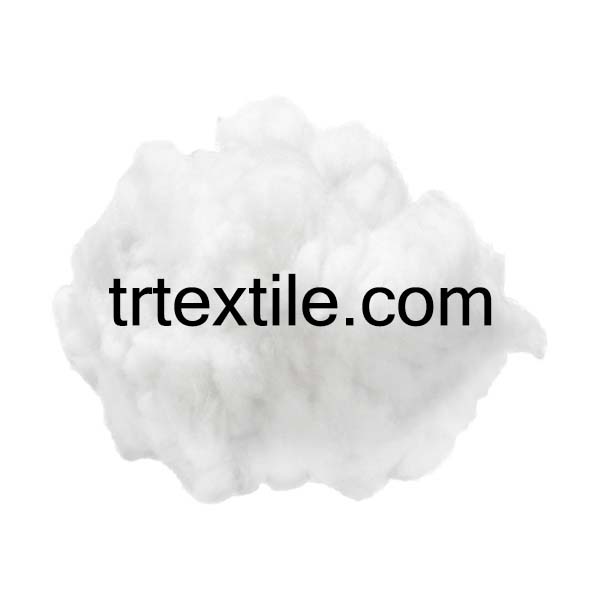Fiber is a type of carbohydrate that the body cannot digest. It passes through the digestive system relatively intact and has numerous health benefits. There are two types of fiber: soluble and insoluble.
Soluble fiber dissolves in water and forms a gel-like substance in the digestive tract. It can help lower cholesterol levels, regulate blood sugar levels, and promote a healthy gut microbiome. Good sources of soluble fiber include oats, beans, lentils, fruits, and vegetables.
Insoluble fiber does not dissolve in water and adds bulk to the stool, promoting regular bowel movements and preventing constipation. It can also help prevent diverticulitis and other digestive disorders. Good sources of insoluble fiber include whole grains, nuts, seeds, and the skins of fruits and vegetables.
Fiber is important for overall health and well-being. It can help you feel full and satisfied, which can aid in weight management. Fiber also helps regulate blood sugar levels, which is important for preventing diabetes and managing the condition in those who already have it.
A diet high in fiber has been linked to a lower risk of heart disease, stroke, and certain types of cancer. Fiber can help lower cholesterol levels by binding to bile acids in the digestive tract and promoting their excretion. This can help prevent the buildup of plaque in the arteries and reduce the risk of heart attack and stroke.
Fiber is also important for maintaining a healthy gut microbiome. The beneficial bacteria in the gut feed on fiber and produce short-chain fatty acids, which have numerous health benefits. These fatty acids can help reduce inflammation, improve immune function, and prevent digestive disorders.
Most people do not get enough fiber in their diets. The recommended daily intake is 25 grams for women and 38 grams for men, but the average intake is only around 15 grams per day. To increase your fiber intake, focus on eating a variety of fruits, vegetables, whole grains, legumes, nuts, and seeds.
It is important to increase your fiber intake gradually to prevent digestive discomfort. Drinking plenty of water is also important when increasing fiber intake, as fiber absorbs water and can cause constipation if you are not properly hydrated.
In conclusion, fiber is an essential nutrient that has numerous health benefits. It is important for digestive health, weight management, blood sugar regulation, heart health, and gut microbiome balance. To reap the benefits of fiber, aim to include a variety of fiber-rich foods in your diet and drink plenty of water.

